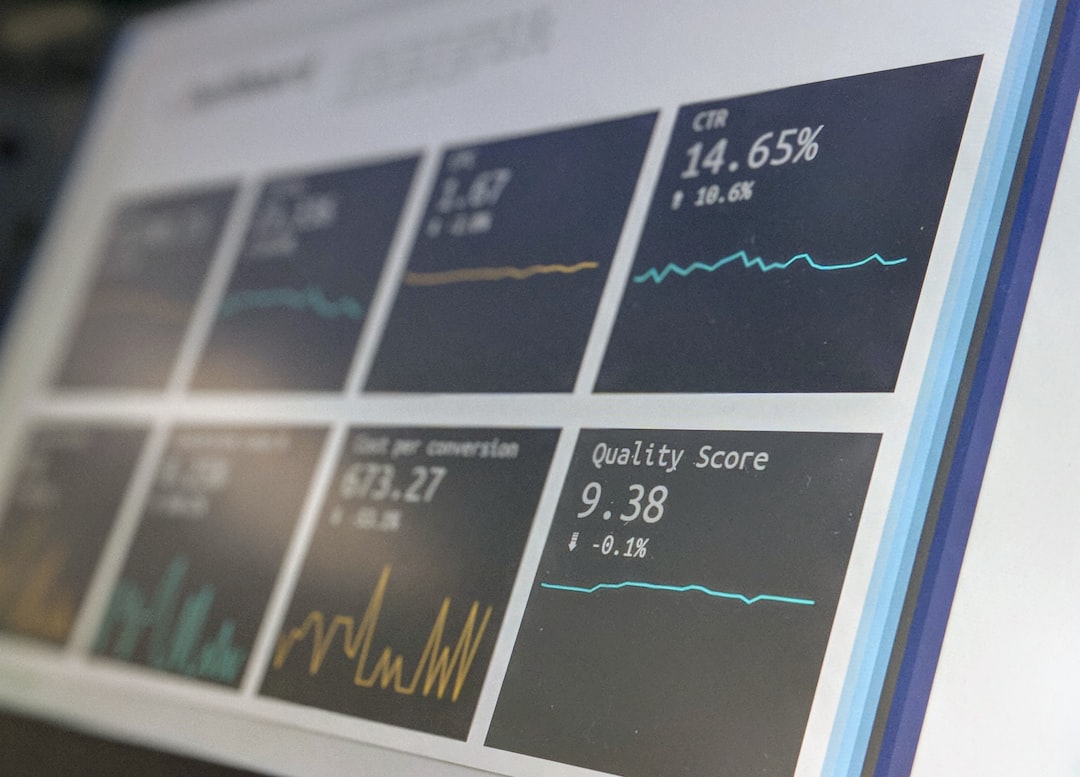In today’s fast-paced digital economy, small businesses across America face increasing pressure to stay competitive, efficient, and innovative. Now more than ever, entrepreneurs and small business owners are turning to Artificial Intelligence (AI) tools to help them manage operations, enhance customer engagement, and make data-driven decisions. AI isn’t just for big corporations with deep pockets; it’s becoming an essential tool for driving growth in businesses of all sizes.
The Role of AI in Modern Business
AI refers to computer systems capable of simulating human intelligence to perform tasks such as learning, reasoning, problem-solving, and decision-making. From customer service chatbots to inventory management solutions, AI tools are transforming how small businesses operate by offering smart, scalable solutions at affordable costs.
As more startups and neighborhood businesses realize their growth potential through AI, it’s clear that embracing these technologies is no longer optional—it’s a necessity.
Why AI Tools Are Essential for Small Business Growth
1. Enhanced Efficiency and Automation
One of the most compelling benefits of AI is its ability to automate repetitive tasks. From scheduling appointments to generating sales reports, AI tools can handle routine operations, freeing up valuable time for business owners to focus on strategic growth.
- Chatbots automate customer service 24/7, offering instant responses without human intervention.
- Accounting software powered by AI can track expenses, send invoices, and even predict cash flow.
- Marketing automation tools can segment audiences and schedule content based on engagement data.
This kind of automation increases accuracy, reduces operational costs, and minimizes human error.
2. Better Customer Insights
AI-driven analytics platforms help small businesses understand their customers on a deeper level. These tools analyze data from multiple sources including websites, social media, and customer feedback to offer insights on consumer behavior and preferences.
With these insights, small business owners can:
- Tailor their marketing efforts to specific customer segments
- Improve customer retention and satisfaction
- Create data-driven pricing and product strategies

This understanding not only boosts conversion rates but also strengthens brand loyalty, which is crucial for long-term growth.
3. Cost-Effective Decision-Making
Running a small business means every dollar counts. AI tools help owners make informed decisions that minimize waste and maximize ROI (Return on Investment). Whether it’s optimizing ad spends through predictive analytics or managing inventory with demand forecasts, AI keeps budgets lean and efficient.
For example, using AI, a local bakery can predict demand spikes for certain pastries, reducing food waste. Or, a fitness studio can analyze registration patterns to optimize class schedules.
4. Improved Customer Engagement
When it comes to customer service, responsiveness and personalization go a long way. AI tools can help businesses create more engaging and responsive customer experiences by offering personalized recommendations, tailored emails, and rapid assistance through chatbots.
This level of responsiveness helps small businesses keep up with customer expectations commonly met by larger competitors.
5. Talent Management and Recruitment
Hiring the right people is critical for any business. AI tools like applicant tracking systems (ATS) use algorithms to scan resumes, match job qualifications, and recommend the best candidates, all while eliminating unconscious bias.
This helps small businesses save time during the recruitment process and make smarter hiring decisions.
Real-World Examples of AI in Small Businesses
Let’s look at some practical ways American small businesses are leveraging AI for growth:
- Retail Shops: Use AI to manage stock levels, predict seasonal demand, and personalize promotions.
- Health Clinics: Implement chatbot scheduling assistants and virtual triage systems.
- Digital Agencies: Automate ad bidding using AI to optimize for client engagement metrics.
- Restaurants: Use dynamic pricing based on demand forecasts and improve workflows through AI-powered dashboards.

AI Tools Accessible to Small Businesses
Contrary to popular belief, implementing AI doesn’t require a dedicated team of data scientists. Numerous user-friendly platforms now offer AI-powered tools tailored for small business use. Some popular options include:
- HubSpot: Marketing automation and CRM insights
- QuickBooks: AI-enabled accounting and financial forecasting
- Grammarly: AI-assisted writing and communication tools
- Hootsuite: Social media management powered by predictive analytics
- Zoho Recruit: AI for intelligent hiring and talent management
These platforms are affordable, scalable, and generally offer easy integration with existing systems, making them ideal for small businesses with limited resources.
Overcoming Common Challenges
Despite the many advantages, some small businesses are hesitant to adopt AI due to perceived complexity, cost, or concerns over data privacy. However, these challenges are being addressed at a rapid pace:
- Affordability: Costs continue to decrease as more AI as a Service (AIaaS) platforms emerge.
- Ease of Use: Many tools offer drag-and-drop interfaces, tutorials, and community support.
- Security: Modern software often comes with strong encryption and compliance with data protection regulations like GDPR and CCPA.
With a bit of research and the right guidance, the barriers to AI adoption are falling fast, even for solo entrepreneurs and startups.
The Competitive Advantage of Early Adoption
The businesses that embrace AI now are poised to lead their industries for years to come. Early adopters enjoy a first-mover advantage, learning how to optimize these tools as competitors struggle to catch up. Additionally, they build a culture of innovation that attracts employees and customers alike.
Companies that integrate AI progressively into their operations not only stay ahead of the curve but can also redefine what success looks like in their sector.

Conclusion
Artificial Intelligence has evolved from being a futuristic concept to a practical, affordable, and essential tool for small business growth in America. By automating repetitive tasks, offering rich insights, and enhancing customer engagement, AI helps small businesses punch above their weight and compete with much larger players.
Those willing to embrace AI today are the ones most likely to thrive tomorrow. Whether you’re running a single storefront or managing a multi-location franchise, there’s an AI-powered path to greater efficiency, profitability, and long-term success.
Now is the time to act. The businesses that integrate AI into their strategy will shape the future of the American economy—one smart decision at a time.
 logo
logo



